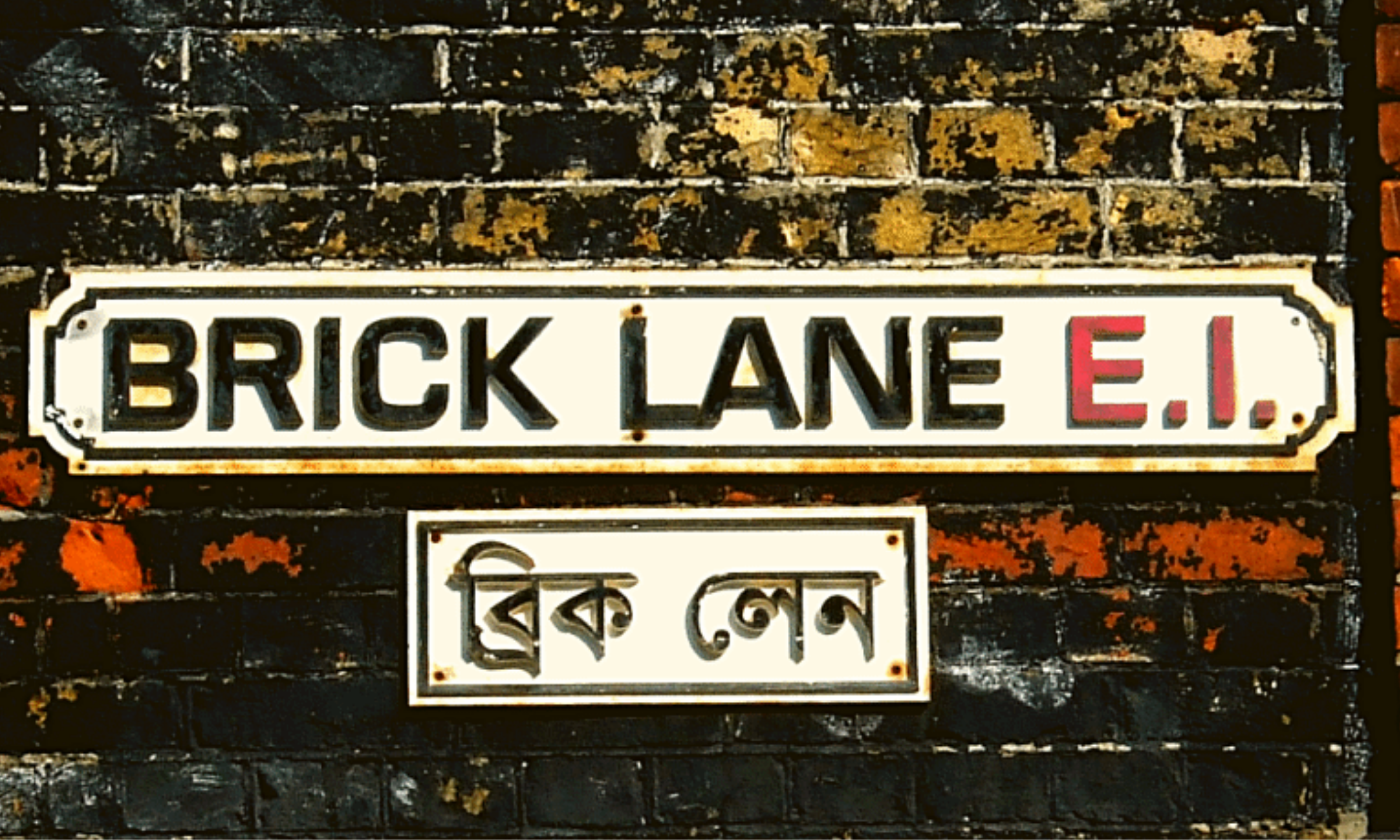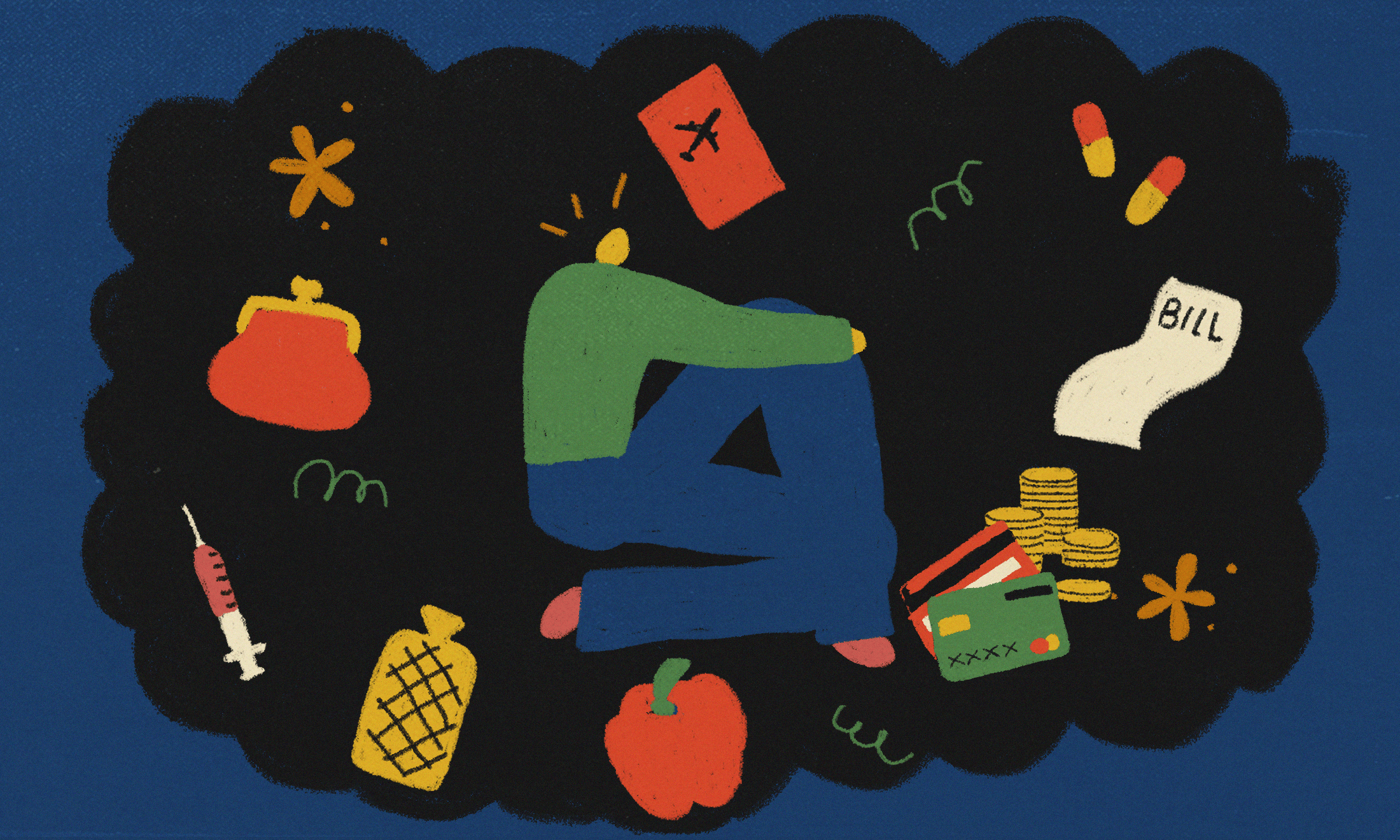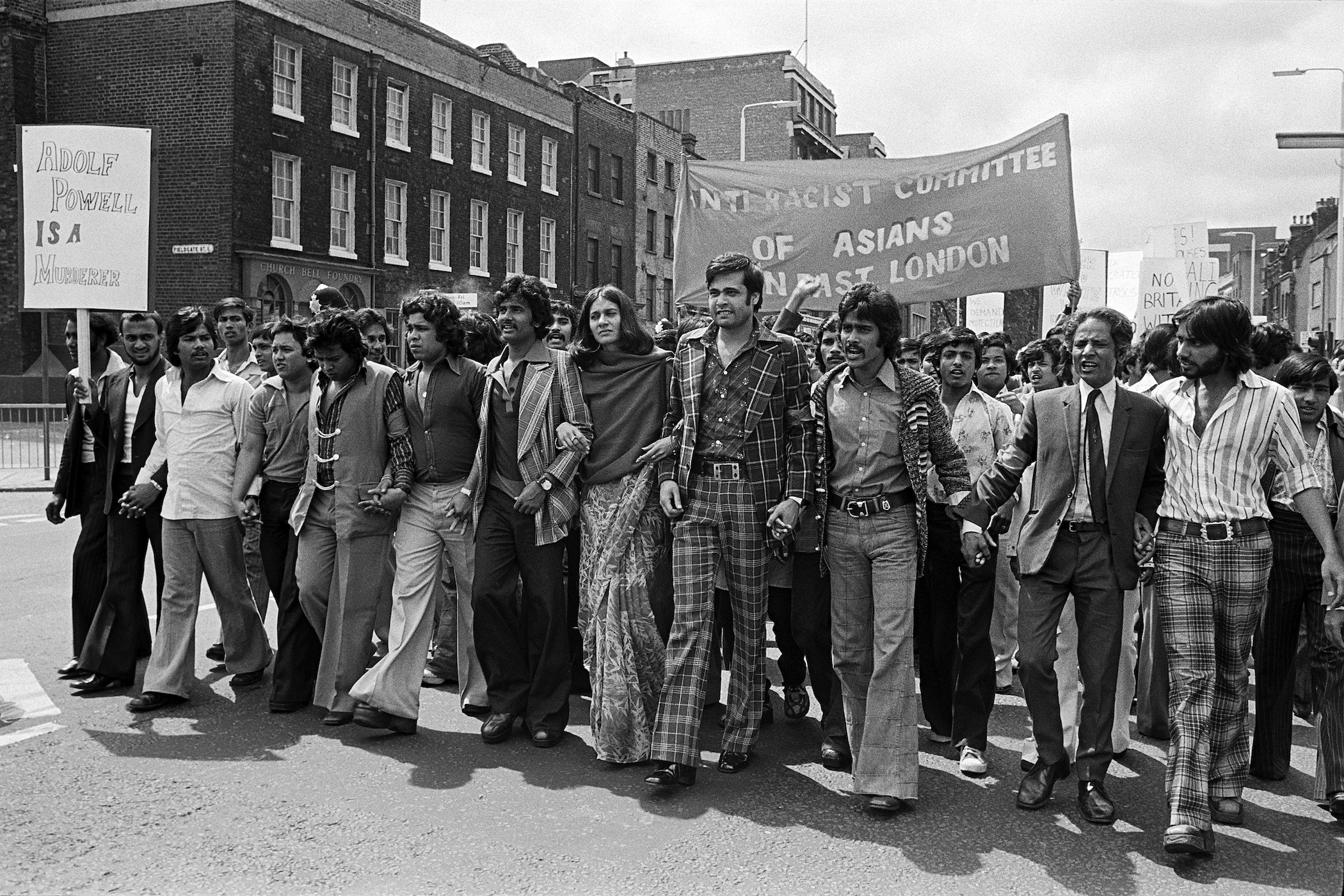
Wikimedia
#SaveBrickLane: Why East London’s historic Bangladeshi communities are under attack
A new development proposed by the Truman Brewery threatens to deliver a fatal blow to an East End community already weakened by Covid-19.
Tasnima Uddin
17 Dec 2020
Brick Lane is an iconic location that looms large in British history and has been immortalised in countless films, books and documentaries. If you’re travelling by bus, you can reach it via routes 8, 55 and 242 from London’s West End. Starting off at the park dedicated to murder victim Altab Ali, who was killed in a racist attack, I usually walk down from Whitechapel, wanting to soak in every part.
Modern day Brick Lane has achieved world-renown, thanks to the enterprises of the Bangladeshi community living there, who have made it into a vibrant pocket of Bangla culture that attracts people from around the globe.
But it’s under threat. Brick Lane is being suffocated by gentrification.
The owners of the Old Truman Brewery venue are seeking to develop a five-storey office building and shopping mall slap bang in the middle of Brick Lane. The development will ruin the area’s historic character, drive up rent prices to unaffordable levels, and push out the primarily working class people of colour and small independent businesses that have sustained and called Brick Lane home for decades.
The East End of London has attained almost mythical status in the political imagination of Britain. However, its legendary reputation has not been passively handed down from generation to generation but rather earned through cycles of struggle – against labour exploitation, poor housing, racism, fascism and political scapegoating.
As a revolving door for migrant populations, it has seen the settlement of working class French, Irish, Jewish and Bangladeshi communities, with each group leaving their unique mark on the area. The 1888 strike held by young, majority Irish matchgirls at the Bryant & May match factory in Bow was a spark in the rise of industrial unionism in Britain.
While it was the birthplace of one of Britain’s first proto-fascist organisations at the beginning of the 20th century, the anti-migrant British Brothers League, East London is also renowned for its anti-fascist history. It is the legendary site of the historic defeat of Oswald Mosley’s British Union of Fascists at Cable Street in 1936. In subsequent years it’s also seen resistance against the National Front, the British National Party and the English Defence League.
The conditions for much of the population in East London today, especially in boroughs like Tower Hamlets, Hackney and Newham, are no less fraught, and no less ripe for resistance. But for the majority working class Bangladeshi population in and around Brick Lane, an area connecting Shoreditch and Aldgate, the last few decades have ushered in a new struggle to contend with, alongside being at the grinding end of poverty, policing and reactionary politics: the gentrification of London.
“Those living around this section of Tower Hamlets have seen the City gradually transform centuries of political culture and social history into soulless workspaces and interchangeable commercial outlets”
Those living around this section of Tower Hamlets have seen the City gradually expand and encroach upon their communities, transforming centuries of political culture and social history into soulless workspaces and interchangeable commercial outlets. And Truman Brewery’s plans for a shopping complex now seek to erase the unique magic of Brick Lane.
Well out of step with the requirements of the local communities there – for whom more social housing and facilities, and better infrastructural support for existing independent enterprises, are far more necessary – the proposal will be the gateway to the continued expansion of generic commercial outlets. Given the minimal consultation with actual local residents for the proposal, it’s clear that this development is neither for them, nor has it been driven by them.
As noted by the Spitalfields Trust, the owner of Old Truman Brewery Ltd “made it clear that the current proposals will ‘unlock’ the east [Old Truman Brewery] site and this application would be the first step to further development of the site on the east side”.
With this, the iconic character of the area known as Banglatown, defined by the curry houses and cash and carries lining the streets, will be dealt a likely fatal blow, having already been weakened by the economic impact of Covid-19. This is in addition to the human fallout which will impact people already facing permanent precarity. The application comes at a time when the Bangladeshi community – alongside many other communities of colour – have weathered some of the worst consequences of the Covid-19 pandemic.
A report by Public Health England (PHE) on the impact of Covid-19 found that people of Bangladeshi heritage are dying at twice the rate of white Britons, at a time when other “Black, Asian and minority ethnic” groups had between 10% and 50% higher risk of death. Further gentrification of Brick Lane via Truman Brewery’s new plans will only add to these existing pressures on the Bangladeshi community.
Too often gentrification is a concept that is either over-personalised – as if it’s something that can be placed solely on the shoulders of hipsters – or over-abstracted, as if it is a nameless, formless foe that cannot be stopped, rather than understood as a structural process that must be grappled with and challenged.
This proposal is yet another round of social cleansing of East London. Truman Brewery want to get rid of the very communities that made Brick Lane what it is today. It’s crucial – for Brick Lane, for East London, and for all the areas staring down gentrification – that we oppose this proposal to our fullest extent.
During the 1970s, Bangladeshi residents literally laid down their own bodies in order to protect Brick Lane from the march of white supremacists. This is no different. We now need to recover that same spirit.
As plans for the proposals swing into action, we are running out of time to save Brick Lane. Join us for a rally in Atab Ali Park on 18 July to make your voice heard.
Tasnima Uddin is co-founder of NijjorManush, an independent campaigning group, aiming to educate, empower and organise Bengalis and Bangladeshis in the UK). They have collaboratively joined a campaign to #SaveBrickLane.








